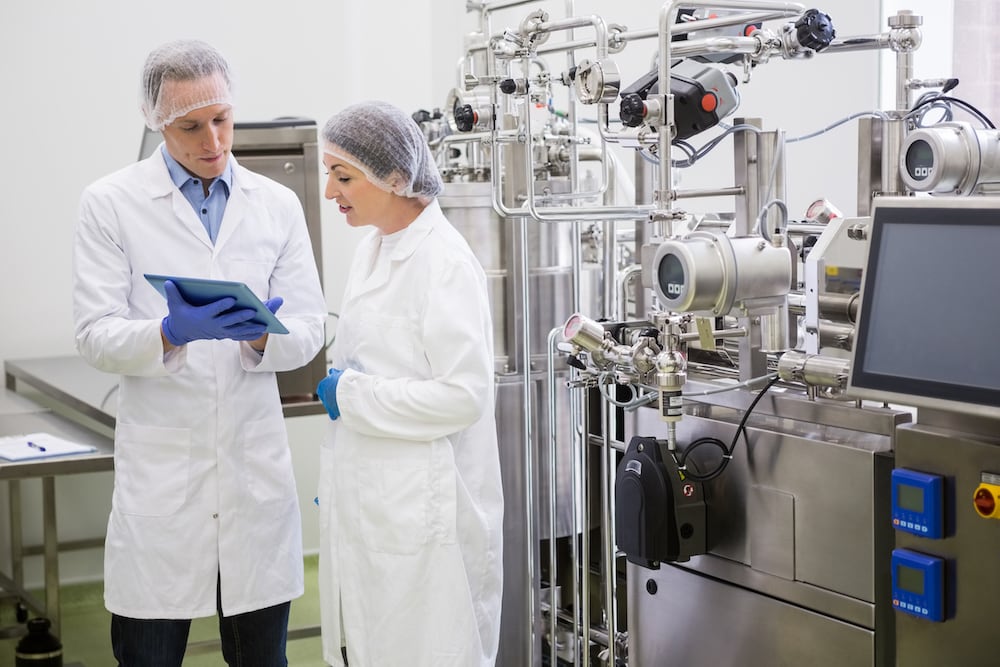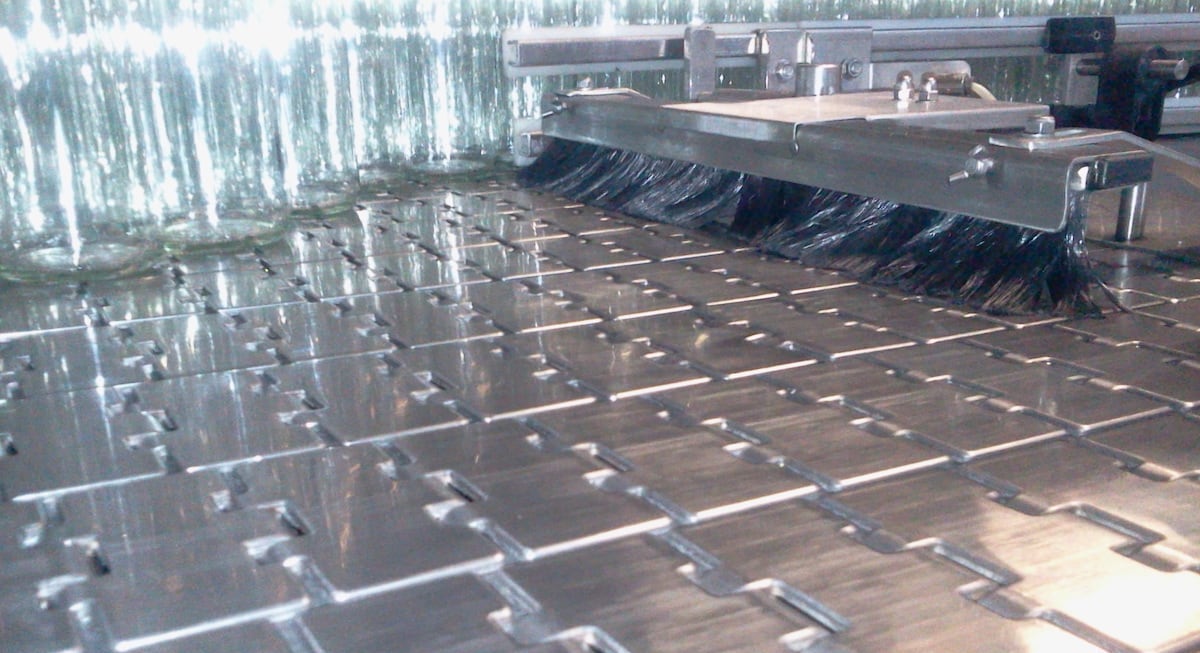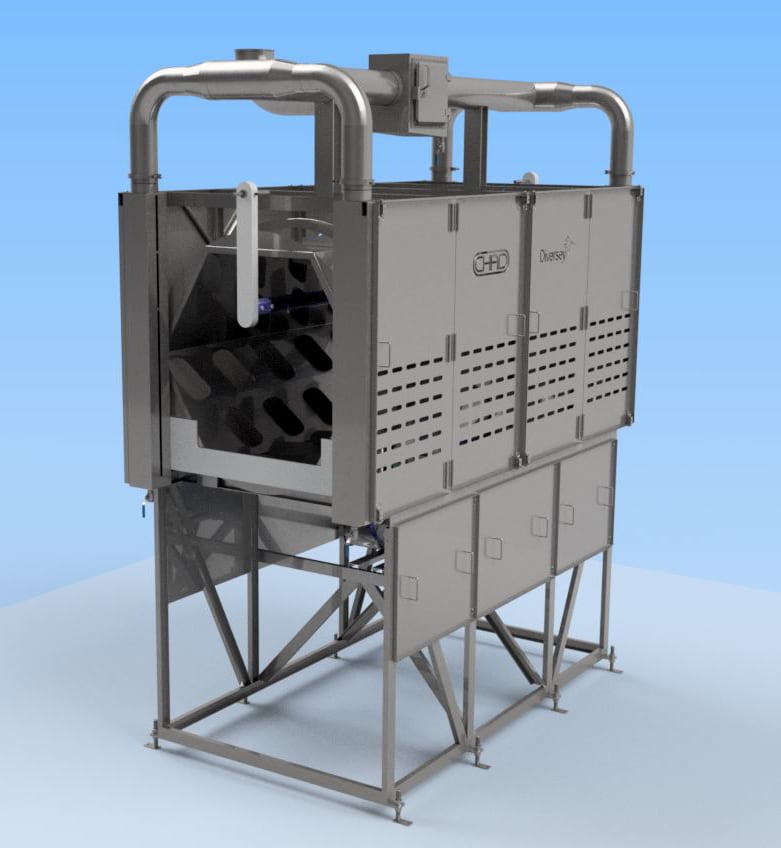Food production is a stinking business.
In the food environment, perfumed cleaning products are not permitted because of concerns that the perfumes may conceal putrid odors associated with food spoilage. Traditionally in USDA inspected plants, the primary inspection criteria for cleanliness and suitability for food processing were visual and odor—if it looked clean and smelled clean and appeared to be disease free then it was good. It has only been in the past 20 years in conjunction with the promulgation of HACCP that microbial testing has been added to the USDA requirements for suitability for food use.
Antimicrobial agents (sanitizers, disinfectants, antimicrobial process aids, and antimicrobial direct food preservatives) are widely used in the food plant environment to control bacteria and other microbes that can be either pathogenic or food spoilage organisms. By eliminating these organisms the plants also retard much of the odor associated with food spoilage and extend the shelf life of their products. This reduces product liability issues while at the same time improving the profitability of the facility. And it enhances the clean perception for personnel at the plant.








